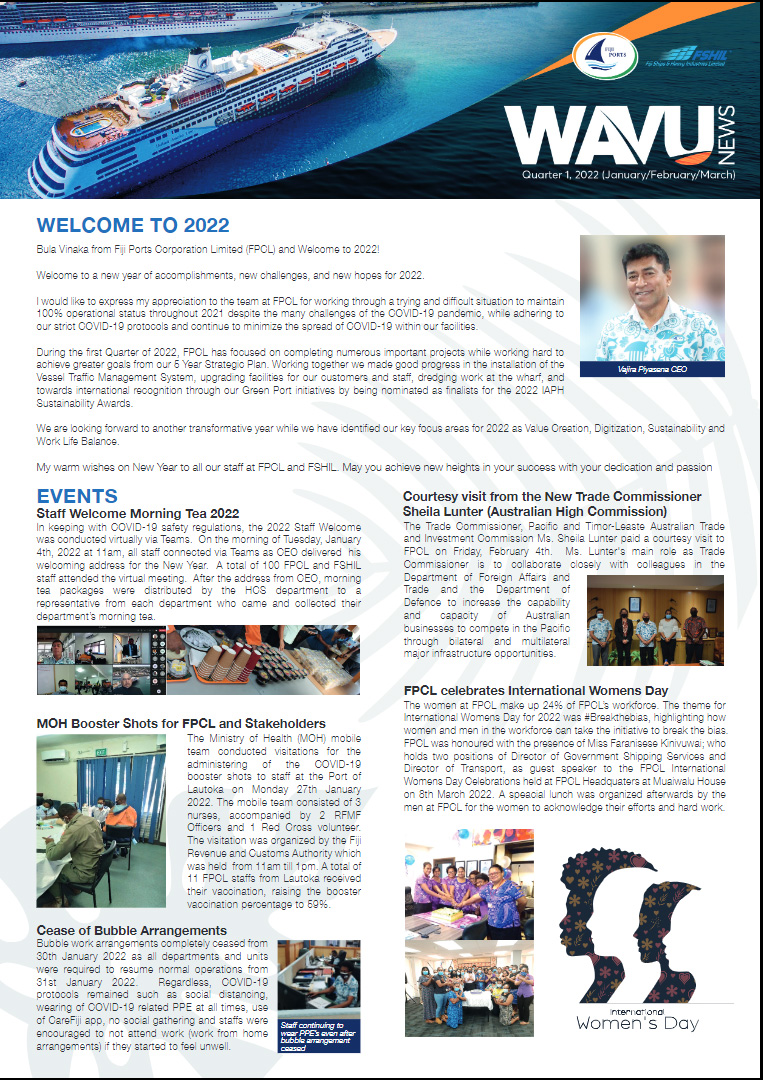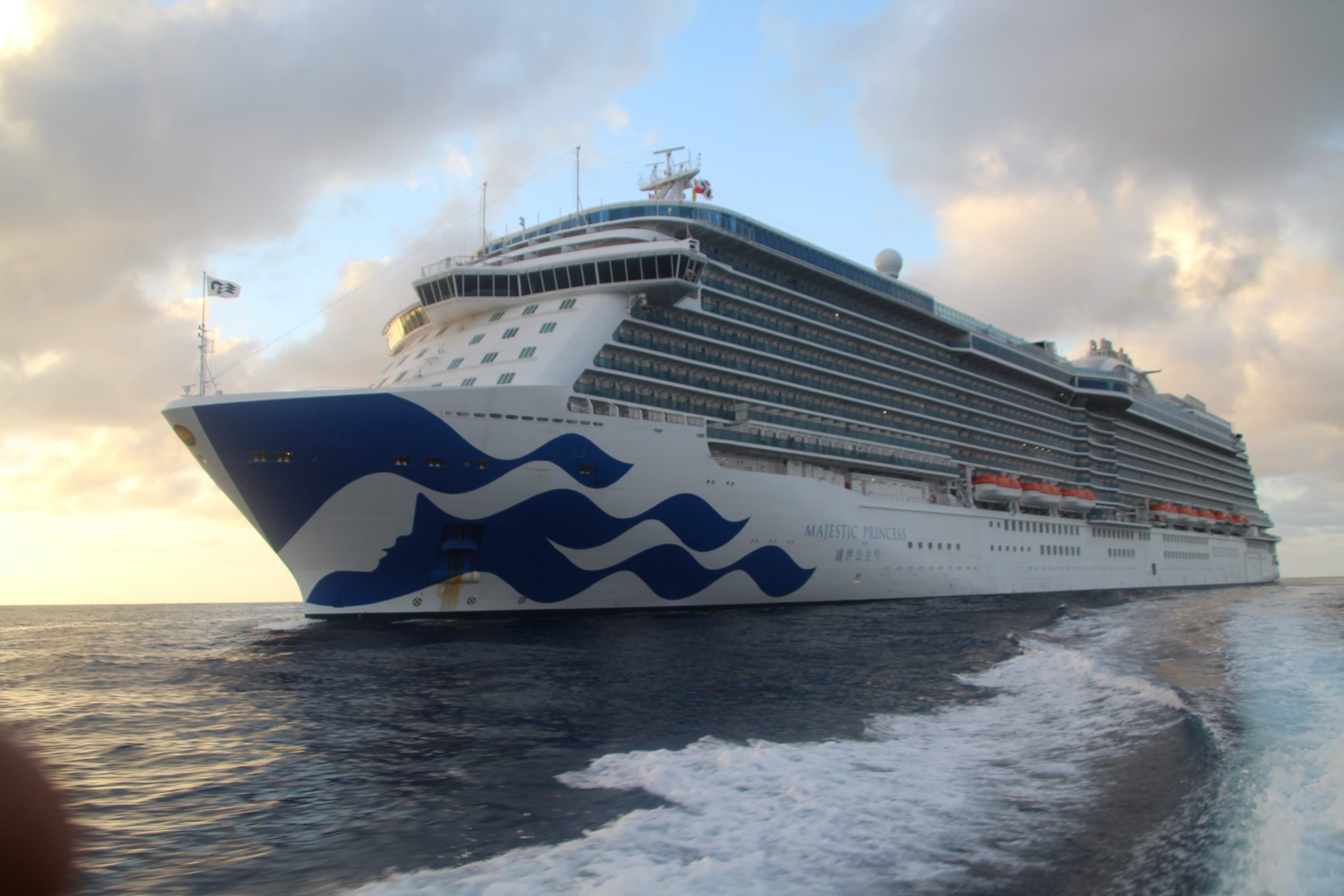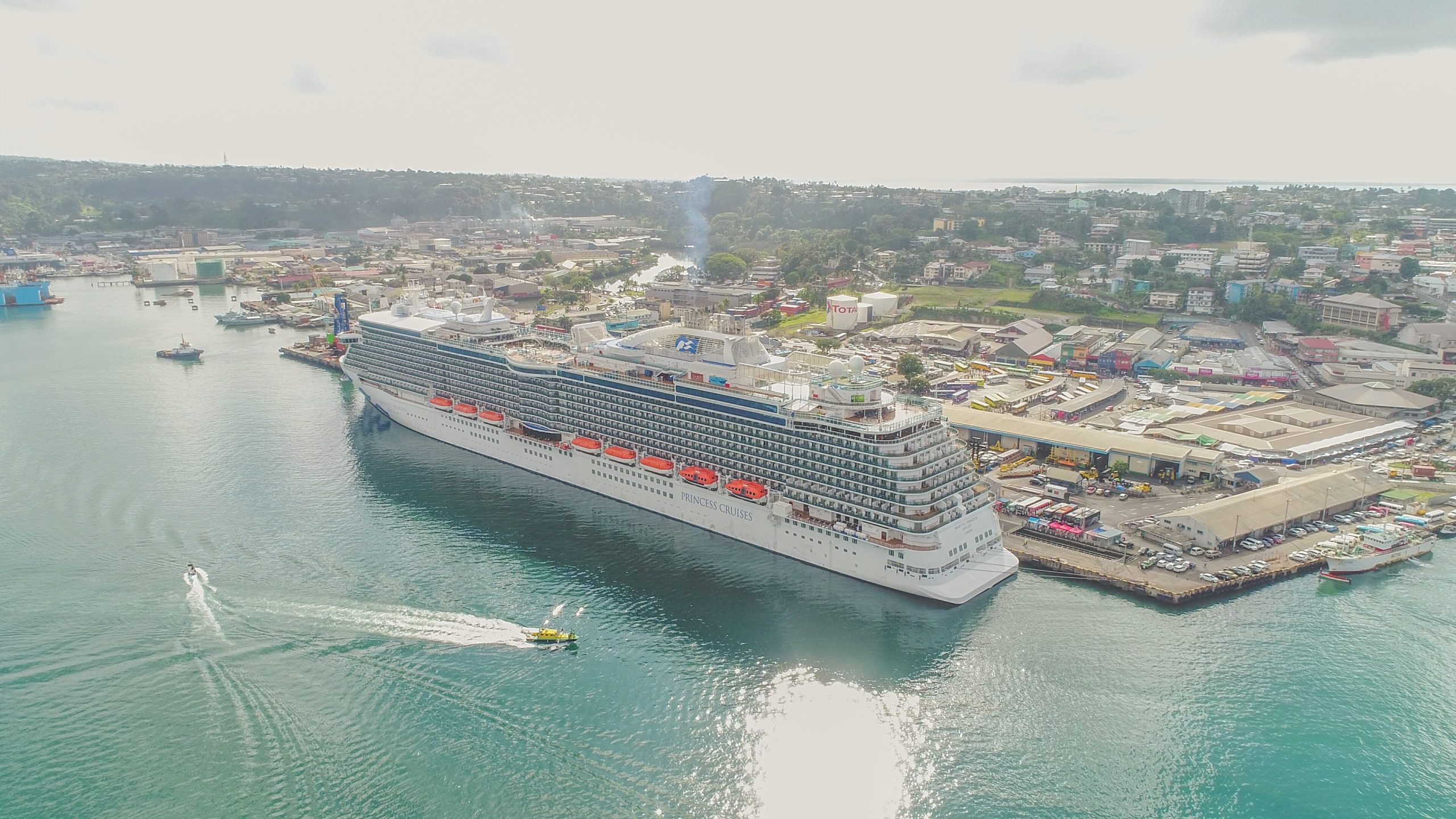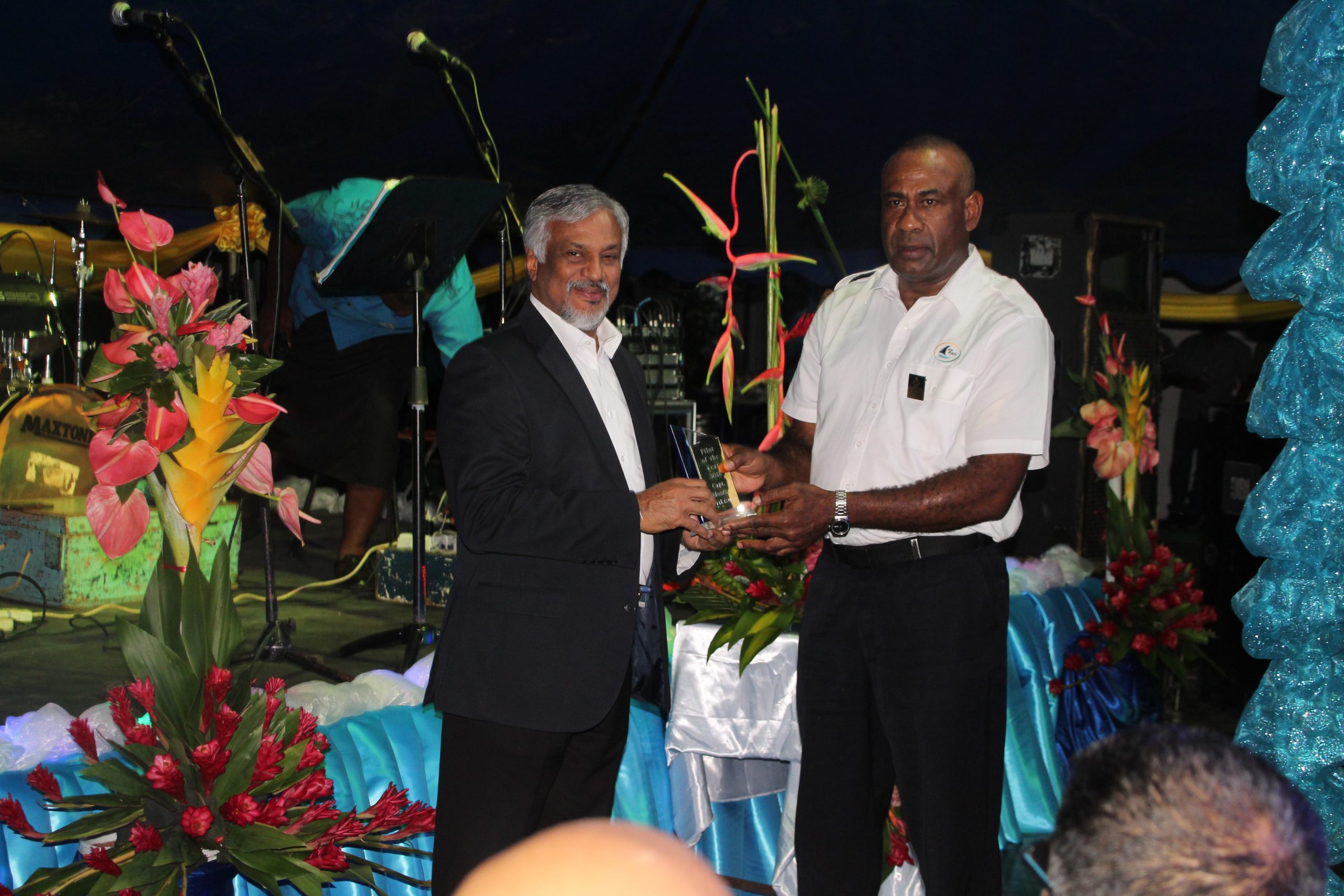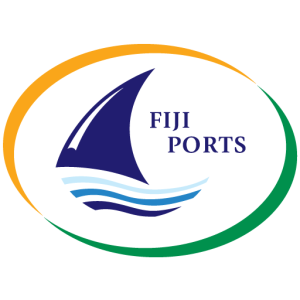The Fiji Ports Corporation Limited (FPCL) continues to commit itself towards enhancing service delivery to its customers.
And in a pilot development, it has now undertaken training for 15 of its officers to learn basic Chinese language to help in their day to day operations.
FPCL Human Capital Services and Training officer, Anare Leweniqila said the Chinese Language Beginners Level Training is aimed at improving efficiency, effectiveness and accountability due to the increase number of Asian nationals conducting business at our Ports.
“The training is essential for us looking at the population of our Asian customers. We need to understand and communicate basic Chinese language to avoid any misunderstanding with them,” Mr Leweniqila said.
The training is being provided by the Confucius Institute of the University of the South Pacific.
Through various meeting with the training providers and the FPCL employees who interact frequently with the Asian port users, a training manual was tailor-made or specifically put together based on the daily experiences of the employees.
Mr Leweniqila explained that the manual/training will help them to understand and communicate not only with Chinese nationals but also with other Asian nationals.
“Our Asian customers are mostly crew on fishing vessels at Muaiwalu 1 and also at Princess Wharf. Also most of our tenants are Asians and we need to at least understand basic Chinese Language,” he said.
“Communicating with them is always a challenge of us and through this training, we will definitely be addressing this need.”
Mr Leweniqila added that the ten weeks program, now in its fourth week, would also help FPCL to lift the way their serve our customers to another level and support FPCL commitment towards providing excellent customer service.
All this, is part of the Fiji Ports Corporation Limited quest in becoming the maritime gateway in the Pacific region through facilitating waterborne transport, trade and commerce.
-
Previous Post
JULY-RECORD DIVIDEND TO GOVERNMENT
-
Next Post
“Connecting Ships, Ports and People”
 Demos
Demos  Docs
Docs  Support
Support 
